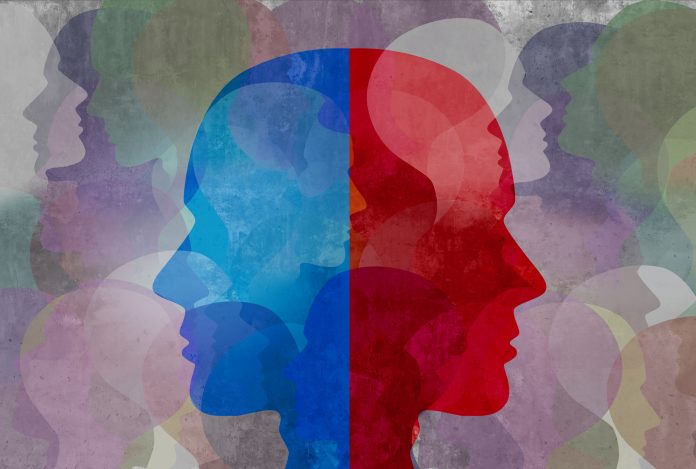
New tools developed by researchers at the University College London (UCL) have shown that subtle speech signatures identified by AI language models can help diagnose patients with schizophrenia. The new research, published Monday in PNAS, shows the potential of using automated language analysis to help in the diagnosis and assessment of a range of psychiatric conditions.
“Until very recently, the automatic analysis of language has been out of reach of doctors and scientists. However, with the advent of artificial intelligence (AI) language models such as ChatGPT, this situation is changing,” said the study’s lead author, Matthew Nour of the UCL Queen Square Institute of Neurology and the University of Oxford. “This work shows the potential of applying AI language models to psychiatry—a medical field intimately related to language and meaning.
Current methods of diagnosing psychiatric conditions is still largely rooted in talking with patients and those close with them to understand their behavior. Brain scans and blood testing only provide a minimal role in diagnosis, but the researchers note that this lack of “precision” or objective markers of psychiatric conditions stands in the way of developing a deeper understanding of the underpinnings of mental illness and hampers monitoring of treatments.
For this study, researchers recruited 26 patients with schizophrenia and 26 control participants and conducted two verbal fluency tasks to name as man words as they could in five minutes belonging to the category “animals” or words beginning with the letter “p.”
The investigators then used an AI language model that had been trained on a large amount of data to represent the meaning of words in a similar way for humans to analyze the answers given by the 52 study subjects. This investigators sought to find whether the spontaneously recalled words of the participants could be accurately predicted using the model—and whether there was less predictability in patients with schizophrenia.
This analysis showed that answers given by the control group were more predictable than were those given by the people with schizophrenia and that the predictability gap was largest in patients with the most severe symptoms of the disease.
The researchers suggest that the differences in predictability between people with and without schizophrenia may be related to what they term “cognitive maps,” or the way the brain learns relationships between memories and ideas—and its method for storing this information. This theory was further supported by second avenue of inquiry in the study that used brain scans to measure brain activity in parts of the brain that are involved in learning and storing the “cognitive maps.”
“Our findings offer tentative support for an hypothesis that some symptoms of schizophrenia may reflect a dysregulation of a neurocognitive process involving structured conceptual representations (cognitive maps),” the researchers wrote. “We anticipate that future studies, combining concurrent functional neuroimaging, language tasks, and rapidly advancing NLP word-embedding tools, will continue to shed light on the neural coding schemes that support such associative cognition.”













